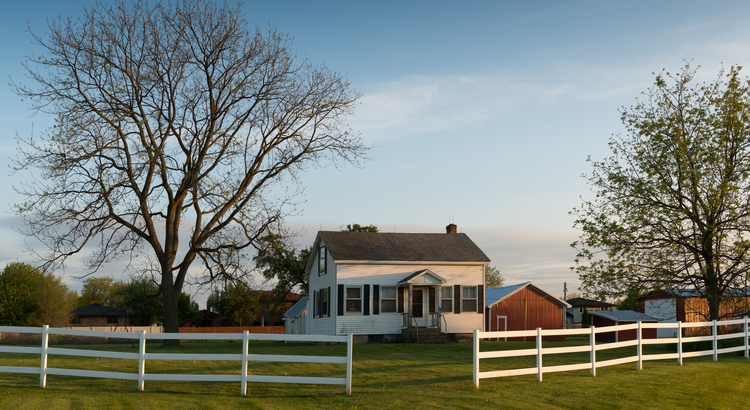
Maybe you’re in the market for a home and are having a hard time finding the right one that fits your budget. Or perhaps you’re already a homeowner needing extra income or a place for loved ones. Whether as a potential homebuyer or a homeowner with changing needs, accessory dwelling units, or ADUs for short, we may be able to help you reach your goals.
What Is an ADU?
As AARP says:
“An ADU is a small residence that shares a single-family lot with a larger, primary dwelling.”
“An ADU is an independent, self-contained living space with a kitchen or kitchenette, bathroom and sleeping area.”
“An ADU can be located within, attached to, or detached from the main residence. It can be created out of an existing structure (such as a garage) or built anew.”
If you’re considering whether an ADU makes sense for you as a buyer or a homeowner. Then, here’s some helpful information and benefits that ADUs can provide. Remember that regulations for ADUs vary depending on where you live, so lean on a local real estate professional for more information.
The Benefits of ADUs
Freddie Mac and the AARP identify some of the best features of ADUs for both buyers and homeowners:
- Living Close by, But Still Separate: ADUs allow loved ones to live together in separate spaces. That means you can enjoy each other’s company, help with childcare, and have privacy when needed. If this appeals to you, you may consider buying a home with an ADU or adding an ADU to your house. According to Freddie Mac:
“Having an accessory dwelling unit on an existing property has become a popular way for homeowners to offer independent living space to family members.”
- Aging in Place: Similarly, ADUs allow older people to be close to loved ones who can help them if they need it as they age. It gives them the best of both worlds – independence and support from loved ones. For example, if your parents are getting older and want them nearby, you may want to buy a home with an ADU or build one onto your existing house.
- Affordable To Build: Since ADUs are often on the smaller side, they’re typically less expensive to build than larger, standalone homes. Building one can also increase your property’s value.
- Generating Additional Income: If you own a home with an ADU or if you build an ADU on your land, it can help generate rental income you could use toward your own mortgage payments. It’s worth noting that because an ADU exists on a single-family lot as a secondary dwelling. Typically, it cannot be sold separately from the primary residence. But that’s changing in some states. Work with a professional to understand your options.
These are a few of the reasons why many people who benefit from ADUs think they’re a good idea. As Scott Wild, SVP of Consulting at John Burns Research, says:
“It’s gone from a small niche in the market to really a much more impactful part of new housing.”
New York Accessory Dwelling Unit
A New York accessory dwelling unit can be converted from spaces within the main house. These include, but are not limited to, garages, storage areas, basements, and cellars. If your ADU is partially built below curb level, at least two feet of the unit’s height must be above curb level.
Key Takeaway
ADUs have some significant advantages for buyers and homeowners alike. If you’re considering exploring an ADU, contact me. I can help you understand local codes and regulations for this type of housing and what’s available in your market or introduce you to a Global Luxury Agent in the area of interest.
Other educational articles about the market and your home search are under Karen’s Blog. Additionally, explore the search bar for other topics of interest.

